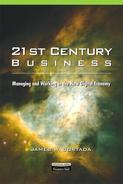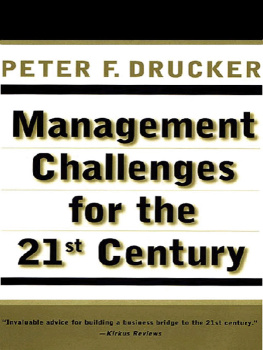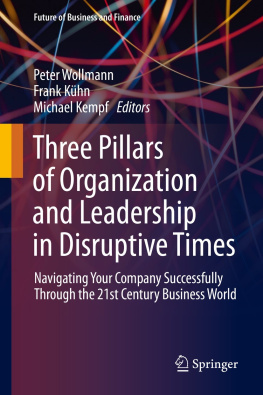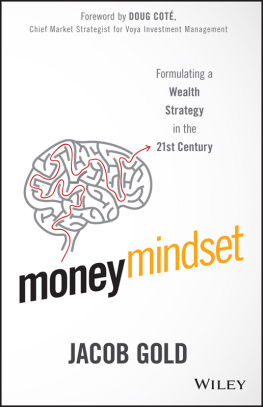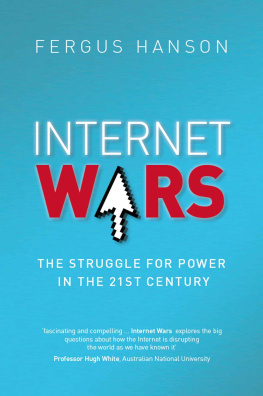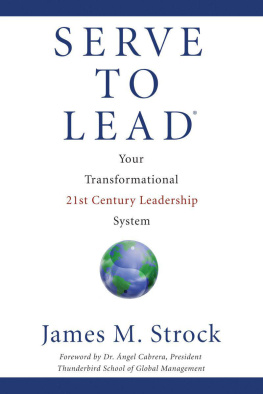James W. Cortada - 21st Century Business
Here you can read online James W. Cortada - 21st Century Business full text of the book (entire story) in english for free. Download pdf and epub, get meaning, cover and reviews about this ebook. year: 2001, publisher: PH Professional Business/Prentice Hall PTR, genre: Business. Description of the work, (preface) as well as reviews are available. Best literature library LitArk.com created for fans of good reading and offers a wide selection of genres:
Romance novel
Science fiction
Adventure
Detective
Science
History
Home and family
Prose
Art
Politics
Computer
Non-fiction
Religion
Business
Children
Humor
Choose a favorite category and find really read worthwhile books. Enjoy immersion in the world of imagination, feel the emotions of the characters or learn something new for yourself, make an fascinating discovery.
- Book:21st Century Business
- Author:
- Publisher:PH Professional Business/Prentice Hall PTR
- Genre:
- Year:2001
- Rating:4 / 5
- Favourites:Add to favourites
- Your mark:
21st Century Business: summary, description and annotation
We offer to read an annotation, description, summary or preface (depends on what the author of the book "21st Century Business" wrote himself). If you haven't found the necessary information about the book — write in the comments, we will try to find it.
Abstract: Manage all the changes driving your business in the 21st century! In a time of unremitting, accelerating technological change, James W. Cortada offers a calm, intelligent path through the wilderness, helping managers understand the big picture and successfully manage the transition to the Internet economy. Cortada shows how to get past the hype associated with innovation, and leverage the best of the new technologies - without abandoning management fundamentals that are more important today than ever. Management How the fundamentals of management will - and wont - apply in the 21st century Knowledge Master todays best practices for creating a learning organization Internet Leverage the Internet to build smarter, more efficient supply and value chains Work Understand how the new economy transforms work - and workers Strategy Choose a new future for your company - high-level approaches and step-by-step tasks 21st Century Business demonstrates how to manage and work as your firm transforms itself from an Industrial Age enterprise to a 21ST CENTURY BUSINESS, presenting street-wise strategies, guidelines, examples, and tips every manager can start using today. Its a masterful guide to what is changing, how to live in both worlds, and where your future sources of profit and personal success will come from. 21st Century Business is the first book that gives managers a broad, long-term perspective on the information age transformation - and translates that wisdom into strategies and tactics they can use right now. James W. Cortada, one of the worlds leading authorities on the management and history of information technology, offers profound insight into the changes that really matter. Equally important, he exposes the changes that will prove superficial or overhyped. Integrating economics, demography, technology, and management case studies, Cortada demonstrates how work, workers, and management are really changing - and the fundamentals of business that havent changed. Cortada shows how the Internet is really impacting the enterprise - and how to leverage it proactively, giving your supply chains new flexibility and power, without compromising processes that still work well. Tomorrows successful manager will go beyond keeping up with the latest e-trends, applying the fundamentals of business management holistically, thoughtfully, and with a firm grip on reality, no matter what changes. For managers focused on what matters most, 21st Century B
James W. Cortada: author's other books
Who wrote 21st Century Business? Find out the surname, the name of the author of the book and a list of all author's works by series.

